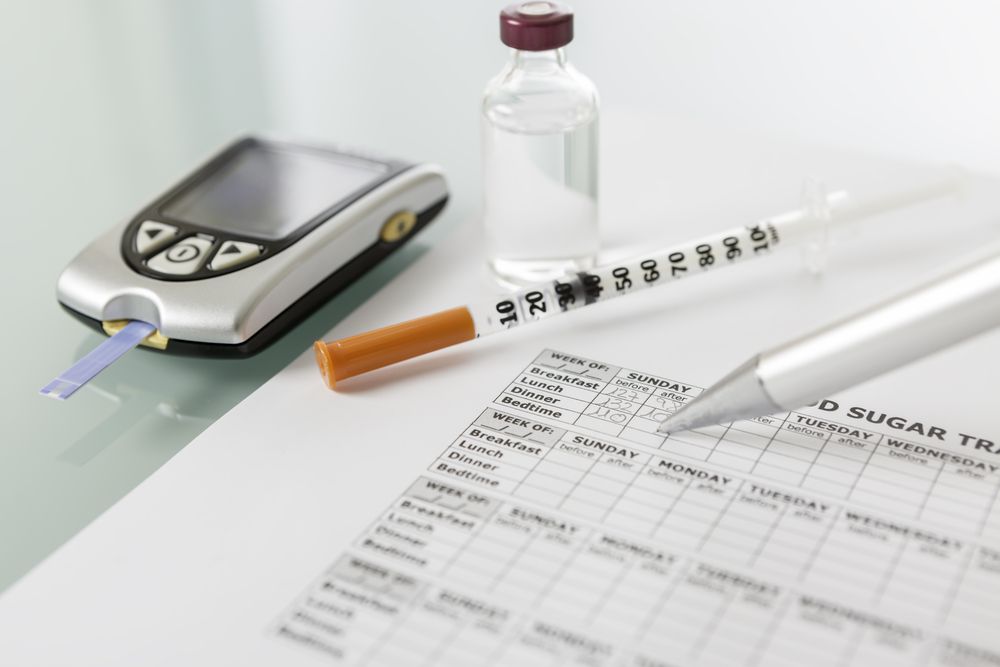Defining Diabetes to an At-Risk World
The providers at our Phoenix Family Medical Clinic Valley walk-in clinics often see patients with symptoms that could indicate diabetes. This is an epidemic condition that has exponentially grown throughout America due to new habits that bring on this disease.
Symptoms that could tip in favor of a diabetes diagnosis include:

While there is no definitive test to indicate diabetes, once the suspicion has been indicated, your physician may have you go to a lab or a phlebotomist to undergo certain blood tests, such as:
Your physician is looking for certain ranges to indicate whether you are normal, pre-diabetic or diabetic.
Certain risk factors that can increase your likelihood for predisposition to either pre-diabetes or full-blown diabetes include
A common question our physicians answer regarding diabetes is the difference between the two main types: Type 1 and Type 2.
Type 1 is a diabetes condition that requires daily insulin injections to correct the body’s necessary levels of insulin since the pancreas releases low or no natural insulin to break down carbs and sugars from foods and drink.

Type 2 is also known as hyperglycemia and is the most widespread form. This is also affected by the pancreas inability to release adequate levels of insulin; however most patients do not need insulin injections. Instead, they are often referred to diabetes management medications such as Metformin, sulfonylureas types of medicines that contain glyburide to help bodies secrete more insulin, and SGLT2 inhibitors, more commonly known as Invokana® and Farxiga®. These medicines help Type 2 diabetics break down excess sugar in the kidneys and pass it as waste.
Pharmaceutical companies are constantly working to develop ground-breaking technology to help people manage their diabetes symptoms. However, this is not enough. Pre-diabetics, as well as both Type 1 and Type 2 individuals, have to make life-habit changes that include eating healthier, quitting smoking, being more active and fit, continuing to monitor blood sugar levels and trying other integrative medicine techniques.
Potential Diabetic Related Health Risks
If your diabetes goes unmanaged, you can develop many different conditions that will impact mobility, function and overall life impact. Some major complications due to diabetes include:
There are many resources online to help those exploring diabetes. We highly recommend:
Phoenix Family Medical Clinic is a no-insurance clinic for Surprise, Phoenix, Glendale, Tempe, Mesa and Laveen residents. We offer many medical services and can even do some lab work in-house. Book your appointment online or call any one of our locations for any questions related to Gestational, Pre-diabetes and Type 1 or Type 2 diabetes.







